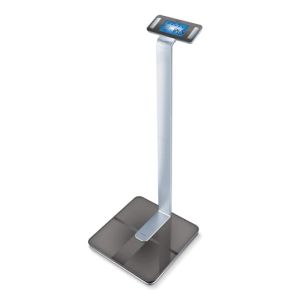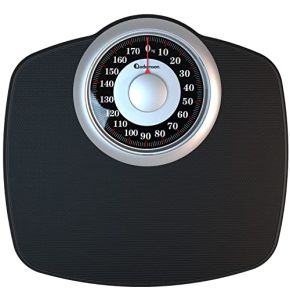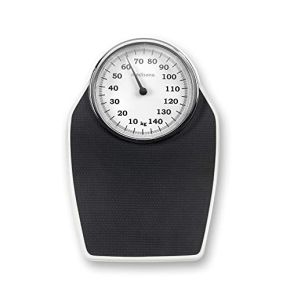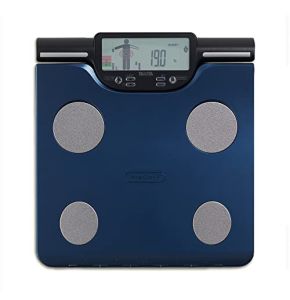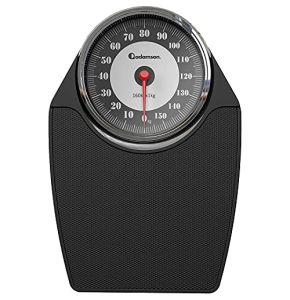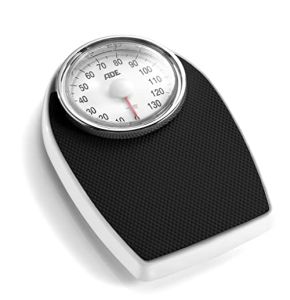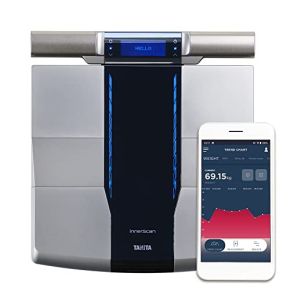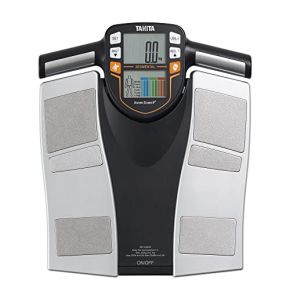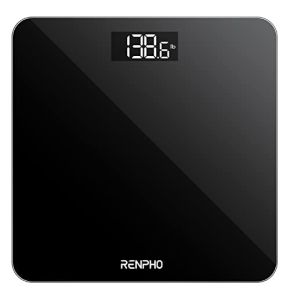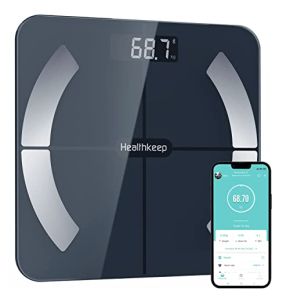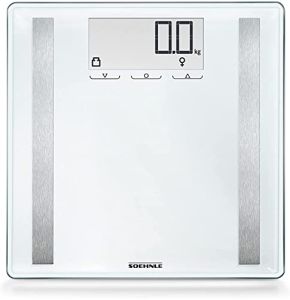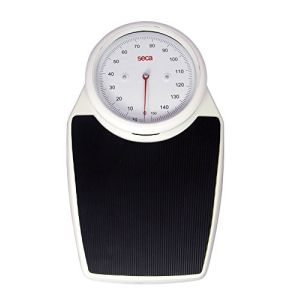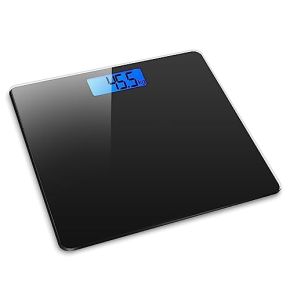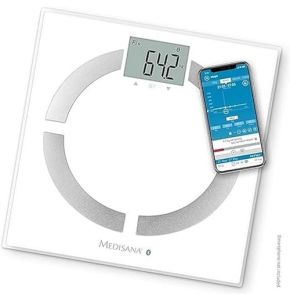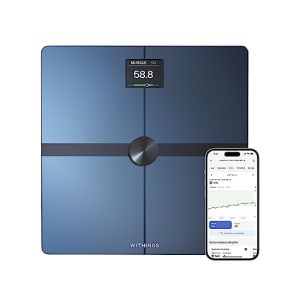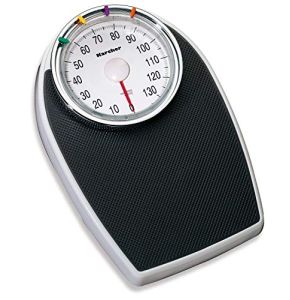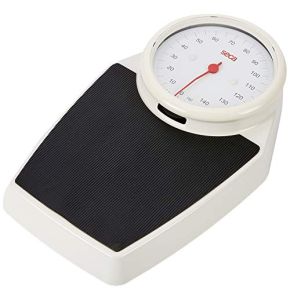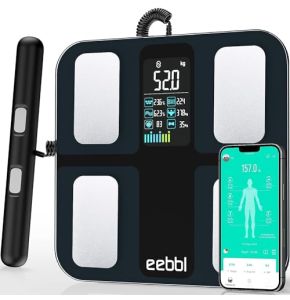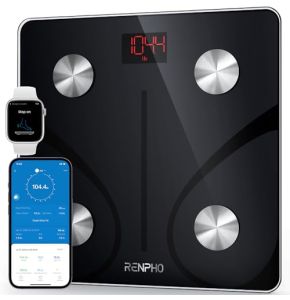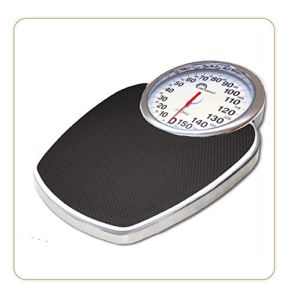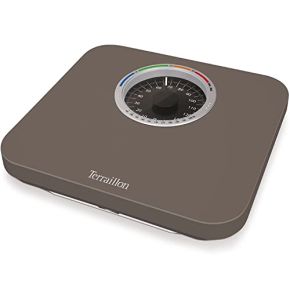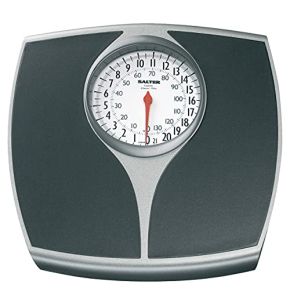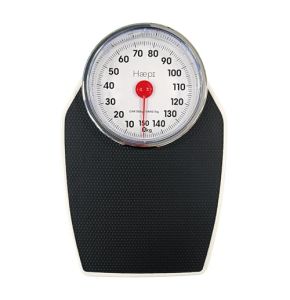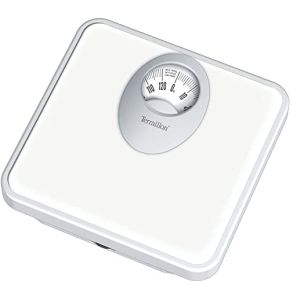Balance
18/11/2024 206
18/11/2024 252
18/11/2024 229
18/11/2024 275
18/11/2024 308
18/11/2024 274
18/11/2024 254
18/11/2024 199
Seca Balance Mécanique Classe IIII Capacité : 150 Kg Plateau de Dimensions 265 x 70 x 265 mm
18/11/2024 243
18/11/2024 251
18/11/2024 254
18/11/2024 305
18/11/2024 265
18/11/2024 274
18/11/2024 212
18/11/2024 220
18/11/2024 257
18/11/2024 253
18/11/2024 225
18/11/2024 244
Medical Scales: Precision at the Heart of Health
In the medical field, measuring a patient's weight is essential for establishing an accurate diagnosis and ensuring effective monitoring. Medical scales, whether mechanical or electronic, provide healthcare professionals with reliable tools to assess their patients' overall health status. A precise medical scale can make a difference in treatment and care, especially when it comes to dosing medications or monitoring the progression of chronic diseases.
Different Types of Medical Scales
There is a wide range of medical scales adapted to different needs. For adults, children, and infants, specific scales are used to measure weight accurately. Baby scales, for example, are designed to ensure the safety and comfort of infants during weighing. For children, scales with adapted scales allow for precise and reassuring weighing.
Specialized scales, such as those for wheelchairs or beds, facilitate the measurement of weight for patients with reduced mobility. These devices allow weighing without moving the patient, thereby reducing risks. Medical scales intended for medical offices often come equipped with integrated stadiometers to measure height, allowing the calculation of the Body Mass Index (BMI) on the spot.
Mechanical medical scales, like the "pese personne medical mecanique," are appreciated for their durability and ease of use. They do not require electrical power and are always ready for use. On the other hand, electronic scales offer advanced features such as automatic BMI calculation, analysis of fat and muscle mass, and memory for previous measurements. Models from recognized brands, such as the "pese personne seca," are often preferred for their precision and robustness.
Integrated Modern Technologies
Modern medical scales incorporate advanced technologies to improve accuracy and ease of use. High-precision sensors ensure reliable measurements, while LCD screens facilitate the reading of results. Some electronic scales are equipped with additional features, such as body composition analysis, including fat mass, muscle mass, and fat percentage. The medical impedance meter is a valuable tool for analyzing this data, helping doctors better understand their patients' health.
Additionally, connected scales allow data transfer to electronic patient records. This integration facilitates long-term monitoring and collaboration among different healthcare professionals. Medical offices and hospitals thus benefit from cutting-edge medical equipment, improving the quality of care provided.
Clinical Importance of Precision
A precise medical scale is essential for the correct dosing of medications. In patients with diabetes, a slight weight variation may require an adjustment of insulin dosage. In cases of heart failure, weight monitoring allows the detection of fluid retention, a sign of possible worsening. Medical scales designed for professional use offer the necessary precision for these critical applications.
Early detection of nutritional disorders also depends on reliable weight measurements. Reliable medical scales are indispensable for monitoring patients' health progression. Healthcare professionals rely on these tools to make informed decisions regarding necessary treatments and interventions.
Best Practices for Use
To obtain accurate measurements, it is important to position the patient correctly on the scale. Medical scales should be placed on a flat and stable surface. Patients should remove heavy objects from their pockets, take off their shoes, and remain still during weighing. It is recommended to weigh patients at the same time of day to ensure consistency of measurements.
Regular calibration of a medical scale is essential to maintain its accuracy. Calibration methods vary depending on the model, but it is generally advised to do so at least once a year. Maintenance and hygiene of the device are also crucial. Scales must be cleaned and disinfected regularly to prevent the spread of germs, especially in a medical environment.
Standards and Regulations
Medical scales must comply with medical standards and required certifications, such as CE certification. This ensures that the devices meet the necessary precision and safety criteria. Healthcare facilities have legal responsibilities regarding the use of compliant medical equipment.
Acquiring scales from recognized brands, like the "pese personne seca," generally ensures compliance with current standards. By investing in impedance meters and other advanced equipment, establishments can improve the quality of care while adhering to regulations. Furthermore, by choosing scales at the best price, they can effectively manage their budget without compromising quality.
 Francais
Francais 
